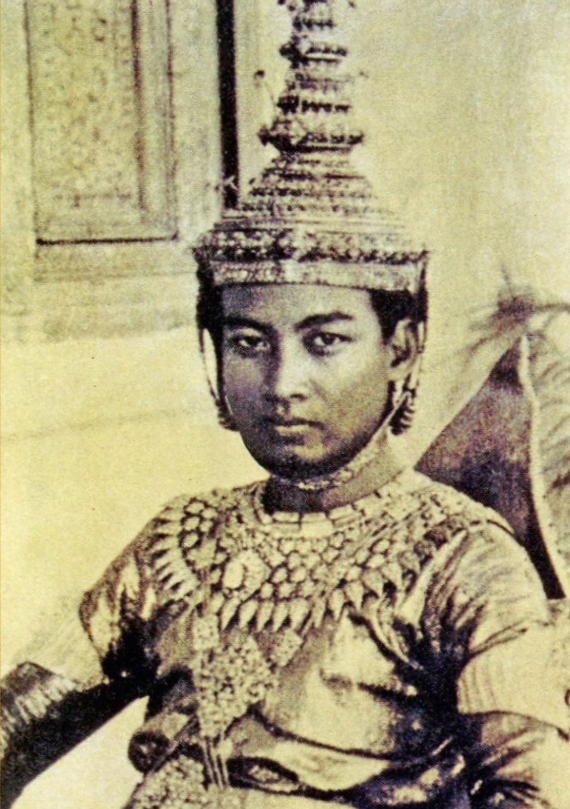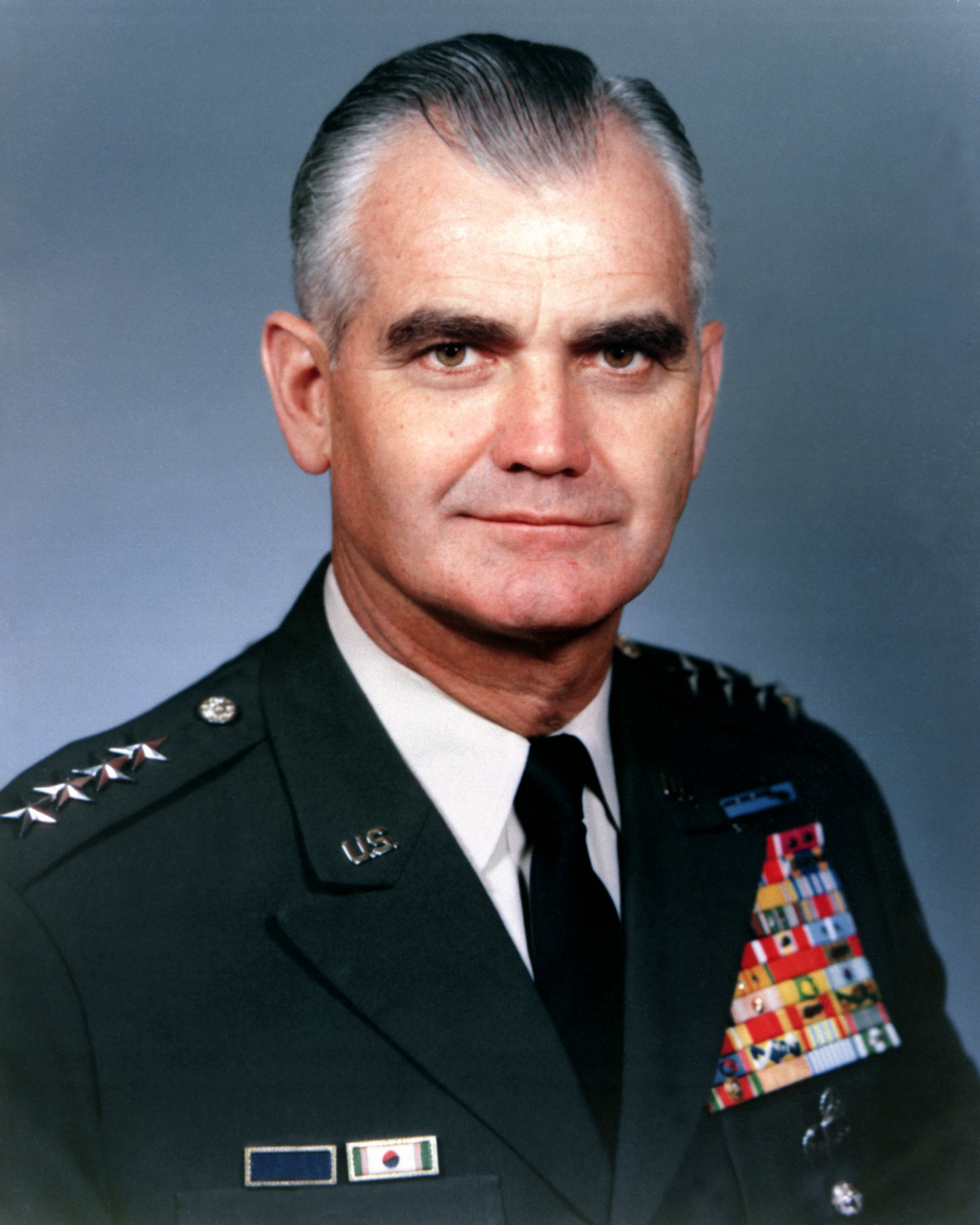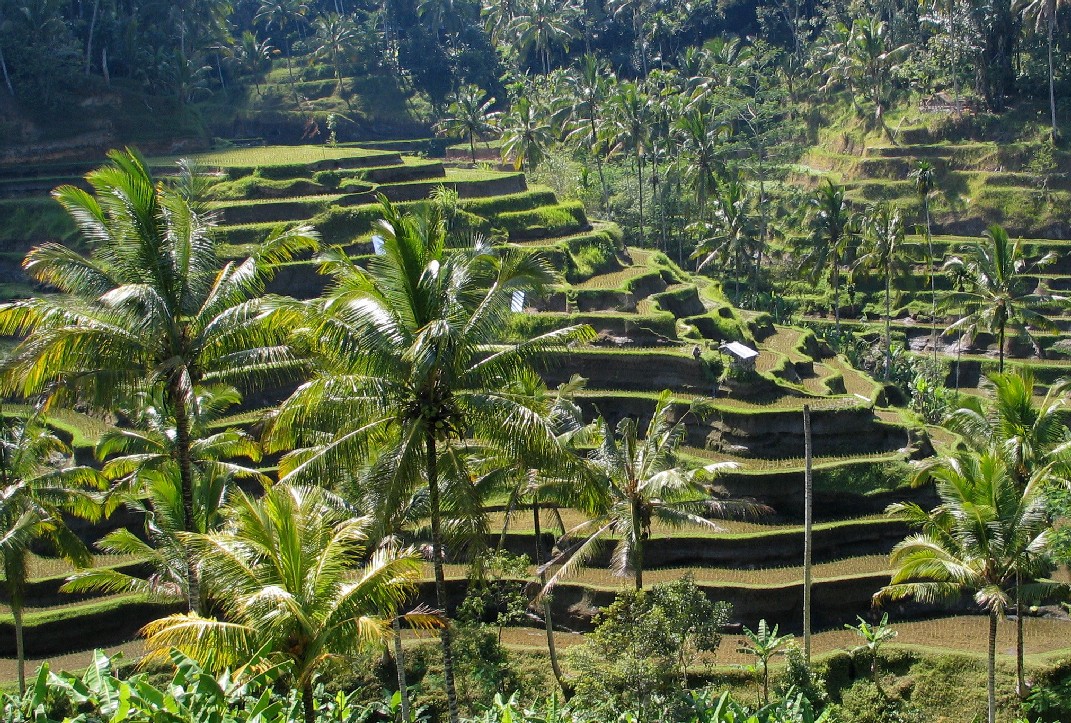|
Donald Kirk
Donald Kirk is a veteran correspondent and author on conflict and crisis from Southeast Asia to the Middle East to Northeast Asia. Kirk has covered wars from Vietnam to Iraq, focusing on political, diplomatic, economic and social as well as military issues. He is also known for his reporting on North Korea, including the nuclear crisis, human rights and payoffs from South to North Korea preceding the June 2000 inter-Korean summit. Career After several years as a metro reporter for the ''Chicago Sun-Times'' and the ''New York Post'', 1960-1964, Kirk free-lanced from Indonesia in “The Year of Living Dangerously,” 1965–1966, writing about the fall of Sukarno and mass killings in Java and Bali. He covered Vietnam, Cambodia and Laos in the late 1960s and early 1970s for the old ''Washington (DC) Star'' and then for the ''Chicago Tribune'', reporting on the 1968 Tet Offensive, the 1970 downfall of Prince Sihanouk and the U.S. incursion into Cambodia and the 1972 Easter Offen ... [...More Info...] [...Related Items...] OR: [Wikipedia] [Google] [Baidu] |
Master's Degree
A master's degree (from Latin ) is an academic degree awarded by universities or colleges upon completion of a course of study demonstrating mastery or a high-order overview of a specific field of study or area of professional practice. A master's degree normally requires previous study at the bachelor's degree, bachelor's level, either as a separate degree or as part of an integrated course. Within the area studied, master's graduates are expected to possess advanced knowledge of a specialized body of and applied topics; high order skills in |
Reporter
A journalist is an individual that collects/gathers information in form of text, audio, or pictures, processes them into a news-worthy form, and disseminates it to the public. The act or process mainly done by the journalist is called journalism. Roles Journalists can be broadcast, print, advertising, and public relations personnel, and, depending on the form of journalism, the term ''journalist'' may also include various categories of individuals as per the roles they play in the process. This includes reporters, correspondents, citizen journalists, editors, editorial-writers, columnists, and visual journalists, such as photojournalists (journalists who use the medium of photography). A reporter is a type of journalist who researches, writes and reports on information in order to present using sources. This may entail conducting interviews, information-gathering and/or writing articles. Reporters may split their time between working in a newsroom, or from home, and going out t ... [...More Info...] [...Related Items...] OR: [Wikipedia] [Google] [Baidu] |
Easter Offensive
The Easter Offensive, also known as the 1972 spring–summer offensive ('' vi, Chiến dịch Xuân–Hè 1972'') by North Vietnam, or the red fiery summer (') as romanticized in South Vietnamese literature, was a military campaign conducted by the People's Army of Vietnam (PAVN, the regular army of North Vietnam) against the Army of the Republic of Vietnam (ARVN, the regular army of South Vietnam) and the United States military between 30 March and 22 October 1972, during the Vietnam War. This conventional invasion (the largest invasion since 300,000 Chinese troops had crossed the Yalu River into North Korea during the Korean War) was a radical departure from previous North Vietnamese offensives. The offensive was designed to achieve a decisive victory, which even if it did not lead to the collapse of South Vietnam, would greatly improve the North's negotiating position at the Paris Peace Accords. The U.S. high command had been expecting an attack in 1972 but the size and fe ... [...More Info...] [...Related Items...] OR: [Wikipedia] [Google] [Baidu] |
Sihanouk
Norodom Sihanouk (; km, នរោត្តម សីហនុ, ; 31 October 192215 October 2012) was a Cambodian statesman, Sangkum and FUNCINPEC politician, film director, and composer who led Cambodia in various capacities throughout his long career, most often as both King and Prime Minister of Cambodia. In Cambodia, he is known as Samdech Euv ( km, សម្តេចឪ, link=no, ; meaning "King Father"). During his lifetime, Cambodia was under various regimes, from French colonial rule (until 1953), an independent kingdom (1953–1970), a republic (1970–1975), the Khmer Rouge regime (1975–1979), another communist regime (1979–1989), a state (1989–1993) to finally another kingdom (since 1993). Sihanouk was the only child of Prince Norodom Suramarit and Princess Sisowath Kossamak, daughter of King Sisowath Monivong. When his grandfather Monivong died in 1941, Sihanouk became king amidst French colonial rule. After the Japanese occupation of Cambodia duri ... [...More Info...] [...Related Items...] OR: [Wikipedia] [Google] [Baidu] |
Tet Offensive
The Tet Offensive was a major escalation and one of the largest military campaigns of the Vietnam War. It was launched on January 30, 1968 by forces of the Viet Cong (VC) and North Vietnamese People's Army of Vietnam (PAVN) against the forces of the South Vietnamese Army of the Republic of Vietnam (ARVN), the United States Armed Forces and their allies. It was a campaign of surprise attacks against military and civilian command and control centers throughout South Vietnam. The name is the truncated version of the Lunar New Year festival name in Vietnamese, Tết Nguyên Đán, with the offense chosen during a holiday period as most ARVN personnel were on leave. The purpose of the wide-scale offensive by the Hanoi Politburo was to trigger political instability, in a belief that mass armed assault on urban centers would trigger defections and rebellions. The offensive was launched prematurely in the late night hours of 30 January in the I and II Corps Tactical Zones of South V ... [...More Info...] [...Related Items...] OR: [Wikipedia] [Google] [Baidu] |
Chicago Tribune
The ''Chicago Tribune'' is a daily newspaper based in Chicago, Illinois, United States, owned by Tribune Publishing. Founded in 1847, and formerly self-styled as the "World's Greatest Newspaper" (a slogan for which WGN radio and television are named), it remains the most-read daily newspaper in the Chicago metropolitan area and the Great Lakes region. It had the sixth-highest circulation for American newspapers in 2017. In the 1850s, under Joseph Medill, the ''Chicago Tribune'' became closely associated with the Illinois politician Abraham Lincoln, and the Republican Party's progressive wing. In the 20th century under Medill's grandson, Robert R. McCormick, it achieved a reputation as a crusading paper with a decidedly more American-conservative anti-New Deal outlook, and its writing reached other markets through family and corporate relationships at the ''New York Daily News'' and the ''Washington Times-Herald.'' The 1960s saw its corporate parent owner, Tribune Company, rea ... [...More Info...] [...Related Items...] OR: [Wikipedia] [Google] [Baidu] |
Washington Star
''The Washington Star'', previously known as the ''Washington Star-News'' and the Washington ''Evening Star'', was a daily afternoon newspaper published in Washington, D.C., between 1852 and 1981. The Sunday edition was known as the ''Sunday Star''. The paper was renamed several times before becoming ''Washington Star'' by the late 1970s. For most of that time, it was the city's newspaper of record, and the longtime home to columnist Mary McGrory and cartoonist Clifford K. Berryman. On August 7, 1981, after 128 years, the ''Washington Star'' ceased publication and filed for bankruptcy. In the bankruptcy sale, ''The Washington Post'' purchased the land and buildings owned by the ''Star'', including its printing presses. History ''The Washington Star'' was founded on December 16, 1852, by Captain Joseph Borrows Tate. It was originally headquartered in Washington's "Newspaper Row" on Pennsylvania Avenue. Tate named the paper ''The Daily Evening Star''. In 1853, Texas surveyor an ... [...More Info...] [...Related Items...] OR: [Wikipedia] [Google] [Baidu] |
Laos
Laos (, ''Lāo'' )), officially the Lao People's Democratic Republic ( Lao: ສາທາລະນະລັດ ປະຊາທິປະໄຕ ປະຊາຊົນລາວ, French: République démocratique populaire lao), is a socialist state and the only landlocked country in Southeast Asia. At the heart of the Indochinese Peninsula, Laos is bordered by Myanmar and China to the northwest, Vietnam to the east, Cambodia to the southeast, and Thailand to the west and southwest. Its capital and largest city is Vientiane. Present-day Laos traces its historic and cultural identity to Lan Xang, which existed from the 14th century to the 18th century as one of the largest kingdoms in Southeast Asia. Because of its central geographical location in Southeast Asia, the kingdom became a hub for overland trade and became wealthy economically and culturally. After a period of internal conflict, Lan Xang broke into three separate kingdoms: Luang Phrabang, Vientiane and Champasak. In ... [...More Info...] [...Related Items...] OR: [Wikipedia] [Google] [Baidu] |
Cambodia
Cambodia (; also Kampuchea ; km, កម្ពុជា, UNGEGN: ), officially the Kingdom of Cambodia, is a country located in the southern portion of the Indochinese Peninsula in Southeast Asia, spanning an area of , bordered by Thailand to the northwest, Laos to the north, Vietnam to the east, and the Gulf of Thailand to the southwest. The capital and largest city is Phnom Penh. The sovereign state of Cambodia has a population of over 17 million. Buddhism is enshrined in the constitution as the official state religion, and is practised by more than 97% of the population. Cambodia's minority groups include Vietnamese, Chinese, Chams and 30 hill tribes. Cambodia has a tropical monsoon climate of two seasons, and the country is made up of a central floodplain around the Tonlé Sap lake and Mekong Delta, surrounded by mountainous regions. The capital and largest city is Phnom Penh, the political, economic and cultural centre of Cambodia. The kingdom is an elective co ... [...More Info...] [...Related Items...] OR: [Wikipedia] [Google] [Baidu] |
Bali
Bali () is a province of Indonesia and the westernmost of the Lesser Sunda Islands. East of Java and west of Lombok, the province includes the island of Bali and a few smaller neighbouring islands, notably Nusa Penida, Nusa Lembongan, and Nusa Ceningan to the southeast. The provincial capital, Denpasar, is the most populous city in the Lesser Sunda Islands and the second-largest, after Makassar, in Eastern Indonesia. The upland town of Ubud in Greater Denpasar is considered Bali's cultural centre. The province is Indonesia's main tourist destination, with a significant rise in tourism since the 1980s. Tourism-related business makes up 80% of its economy. Bali is the only Hindu-majority province in Indonesia, with 86.9% of the population adhering to Balinese Hinduism. It is renowned for its highly developed arts, including traditional and modern dance, sculpture, painting, leather, metalworking, and music. The Indonesian International Film Festival is held every year in Bal ... [...More Info...] [...Related Items...] OR: [Wikipedia] [Google] [Baidu] |
Java
Java (; id, Jawa, ; jv, ꦗꦮ; su, ) is one of the Greater Sunda Islands in Indonesia. It is bordered by the Indian Ocean to the south and the Java Sea to the north. With a population of 151.6 million people, Java is the world's List of islands by population, most populous island, home to approximately 56% of the Demographics of Indonesia, Indonesian population. Indonesia's capital city, Jakarta, is on Java's northwestern coast. Many of the best known events in Indonesian history took place on Java. It was the centre of powerful Hindu-Buddhist empires, the Islamic sultanates, and the core of the colonial Dutch East Indies. Java was also the center of the History of Indonesia, Indonesian struggle for independence during the 1930s and 1940s. Java dominates Indonesia politically, economically and culturally. Four of Indonesia's eight UNESCO world heritage sites are located in Java: Ujung Kulon National Park, Borobudur Temple, Prambanan Temple, and Sangiran Early Man Site. ... [...More Info...] [...Related Items...] OR: [Wikipedia] [Google] [Baidu] |
Sukarno
Sukarno). (; born Koesno Sosrodihardjo, ; 6 June 1901 – 21 June 1970) was an Indonesian statesman, orator, revolutionary, and nationalist who was the first president of Indonesia, serving from 1945 to 1967. Sukarno was the leader of the Indonesian struggle for independence from the Dutch colonialists. He was a prominent leader of Indonesia's nationalist movement during the colonial period and spent over a decade under Dutch detention until released by the invading Japanese forces in World War II. Sukarno and his fellow nationalists collaborated to garner support for the Japanese war effort from the population, in exchange for Japanese aid in spreading nationalist ideas. Upon Japanese surrender, Sukarno and Mohammad Hatta declared Indonesian independence on 17 August 1945, and Sukarno was appointed president. He led the Indonesian resistance to Dutch re-colonisation efforts via diplomatic and military means until the Dutch recognition of Indonesian independence ... [...More Info...] [...Related Items...] OR: [Wikipedia] [Google] [Baidu] |
.jpg)





